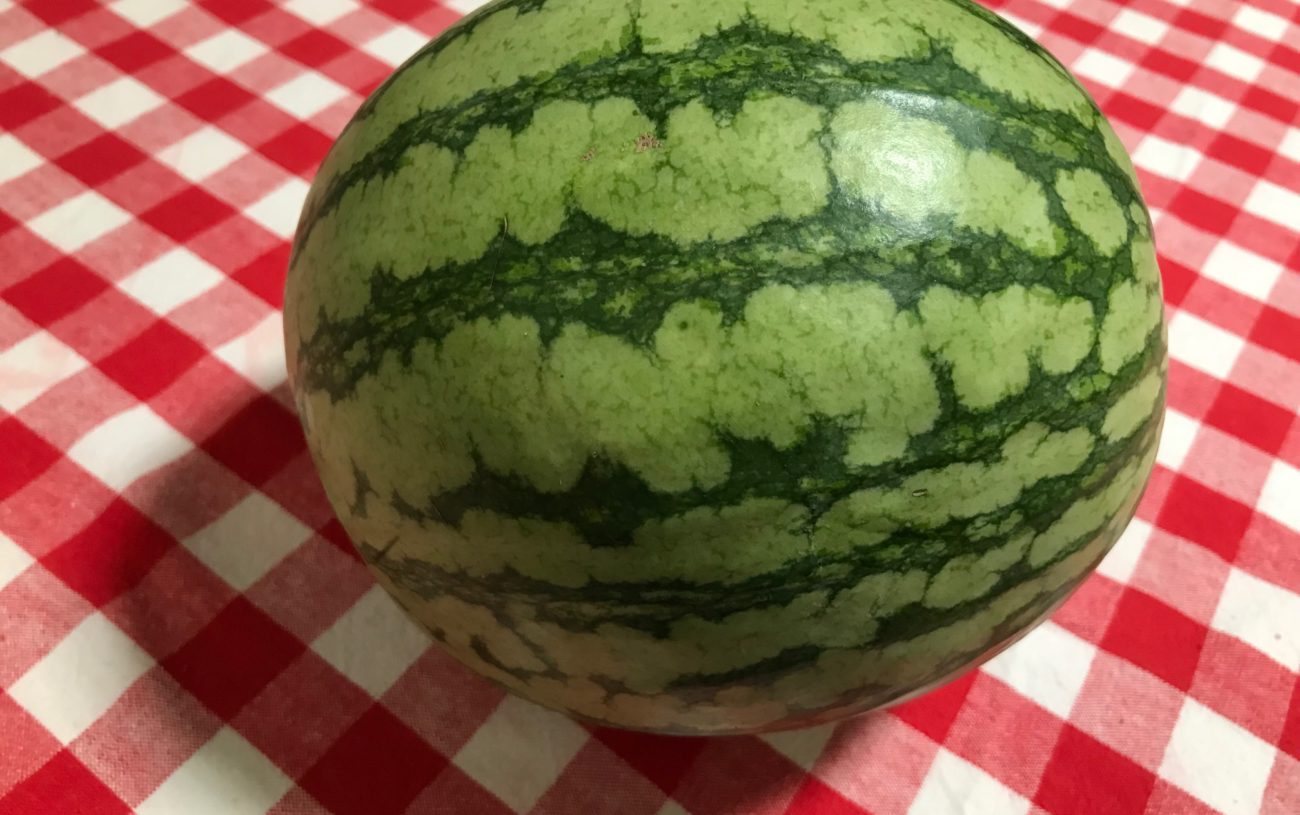So, I got new glasses.
Lenses, for sure. I had reached the point where I had to take the old ones off to read my cell phone or a vitamin bottle. And, I couldn’t read street signs unless I already knew what they said.
Frames, as well.
Close cousins of the former frames.
I’ve worn glasses since I was 10 years old and these are only the second pair I’ve ever actually liked.
They need a tiny fit adjustment. And I’m not quite sure just yet where the floor is, but that’s predictable.
I had an interesting conversation at the optician’s office today while they were making some adjustments.
There was a woman there trying to pick out frames. (Which is difficult if you can’t see without glasses!)
I’d guess she was about 10 years older than I am.
While I played with my new phone, she was debating between two choices.
Her primary question turned out to be whether the ones she liked best were “too much” because they had some color in the tortoise-shell design of the frames.
After a while, she asked me if I’d mind offering an opinion.
I began by admitting that I’m an artist and might be a bit biased. (I didn’t mention the whole therapy thing!)
Then I got my Specs Appeal buddies to bring out my new glasses, which they were working on in the back room, so I could show them to her.
Her response was an emphatic, “Wow!”
And mine was a suggestion that she might pick the ones that made her feel that way.
Then she wondered if I would actually wear my new glasses to church.
Trying not to laugh, and pondering what possible problem God might have with my being able to see and liking my glasses, I assured her that I would.
Which might lead us to wonder what kind of unnecessary knots we tie ourselves in…
After a bit more chatting, my glasses were ready and she was choosing the ones she liked best.
I’m still not quite sure where the floor is but I’m typing this with my glasses on, which is something of a miracle. And, I can see The West Wing about 10 feet away!
We’ve been talking about vision a lot lately in my painting classes.
It’s amazing enough in a metaphorical sense.
It’s even better in the real world where I can read the street signs again.
And where I can encourage a sister in the journey to choose what works for her.
It was a good day!











